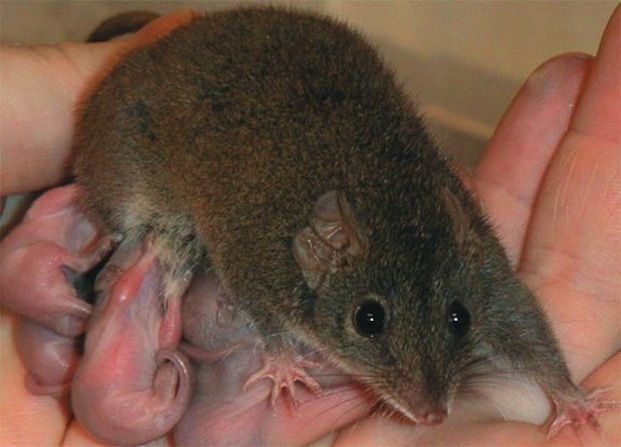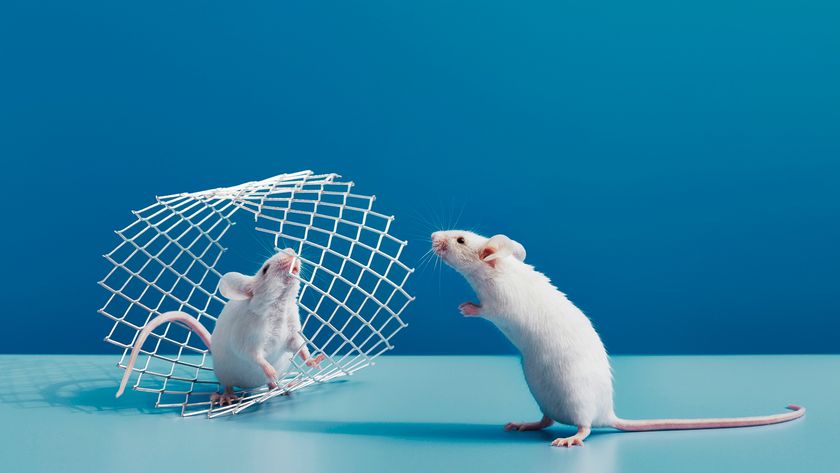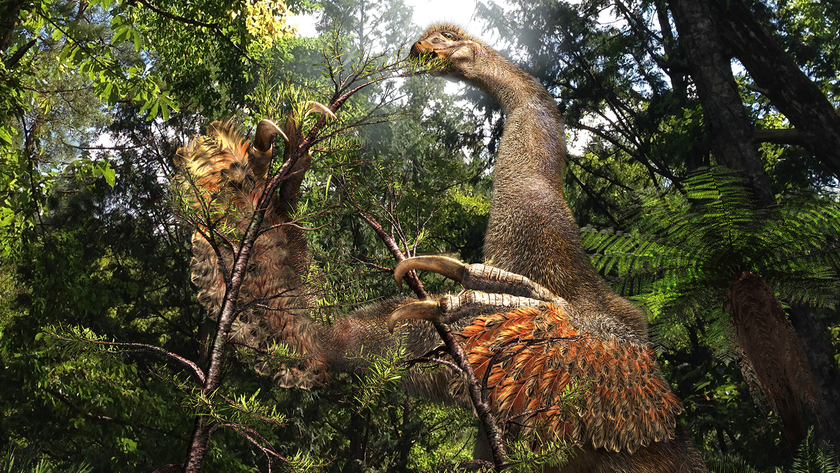Why Marsupials 'Mate Themselves to Death': Better Sperm

The males of several species of insect-eating marsupials have a very unusual life history. They mature quickly, often in less than a year. Then, during a short and frenzied breeding season, they mate repeatedly — for up to 14 hours in some cases — until their immune systems crash and their bodies start to fall apart. Then they die. (Talk about going out with a bang.)
This strategy, called suicidal reproduction, or semelparity, is seen in some animals and plants, but is quite rare in mammals, said Diana Fisher, a researcher at the University of Queensland, Australia. The behavior is only found in these marsupials, a group of mammals in which young can be carried in a pouch.
Most animals that pursue this tactic, like squid and spiders, have many offspring, making it more understandable from an evolutionary point of view: Though they die after mating, they likely have thousands offspring to which they pass on their genes, Fisher told LiveScience. But marsupials, like most mammals, only have a few offspring at a time. [Top 10 Swingers of the Animal Kingdom]
Not altruistic
When the behavior was first noted in the mid-20th century amongst marsupials in Australia and several Pacific Islands like New Guinea, scientists were perplexed. At first, some thought the behavior could be a type of altruism; by dying, the males left more insects to be eaten by their offspring, Fisher said.
But recent research, culminating in a paper published today (Oct. 7) in the journal Proceedings of the National Academy of Sciences, shows that males live fast and die young for another reason: to fertilize females with the highest quality sperm, in order to pass on their genes to as many offspring as possible.
In the study, Fisher and colleagues compared suicidally reproducing (or semelparous) marsupials with other marsupials that mate on multiple occasions throughout life (iteroparous). The researchers found that the semelparous animals have much larger testes relative to body size, which are better for storing sperm, Fisher said. In fact, these semelparous males actually stop producing sperm before mating begins, so they can put all of their energy into marathon mating sessions. For instance, male Antechinus, a group of mouselike marsupials, can mate for 14 hours and even break down their muscles to give them more energy, Fisher said.
Sign up for the Live Science daily newsletter now
Get the world’s most fascinating discoveries delivered straight to your inbox.
"They must rely on stored sperm throughout the mating season, and the clock is ticking, because the limited store of sperm is continually lost in their urine," Fisher said. "The have a frenzied mating season lasting only a couple of weeks, and males usually die before young are born."
Live fast, die young
Scientists also found that semelparous species have shorter breeding seasons, so males have a short time to "sow their wild oats," so to speak.
All of this leaves males exhausted, and they usually die of infections or internal bleeding — they "mate themselves to death," Fisher said. The mating is timed so that offspring are born just before the largest number of insects emerges, in the summertime, she added.
Instead of duking it out like males of some species, like bighorn sheep, for access to females, the males compete with their sperm. Females usually mate with multiple males and may sire offspring from multiple fathers. But the best sperm wins — and to maximize the quality, the males sacrifice everything, Fisher said. Previous work has shown that promiscuous female Antechinus, which mate with multiple males, have more offspring than those with a single partner.
"This is a form of post-mating sexual selection in which males compete with their sperm inside the female reproductive tract, rather than fighting to gain access to females," Fisher said. "It is associated with having large testes with lots of sperm-producing tissue, and often also long mating times and mate-guarding, and of course promiscuity."
The sperm-competition idea also explains why males mate for so long — to prevent, or at least minimize, the amount of time other males can mate with their partner, Fisher added.
Email Douglas Main or follow him on Twitter or Google+. Follow us @livescience, Facebook or Google+. Article originally on LiveScience.












